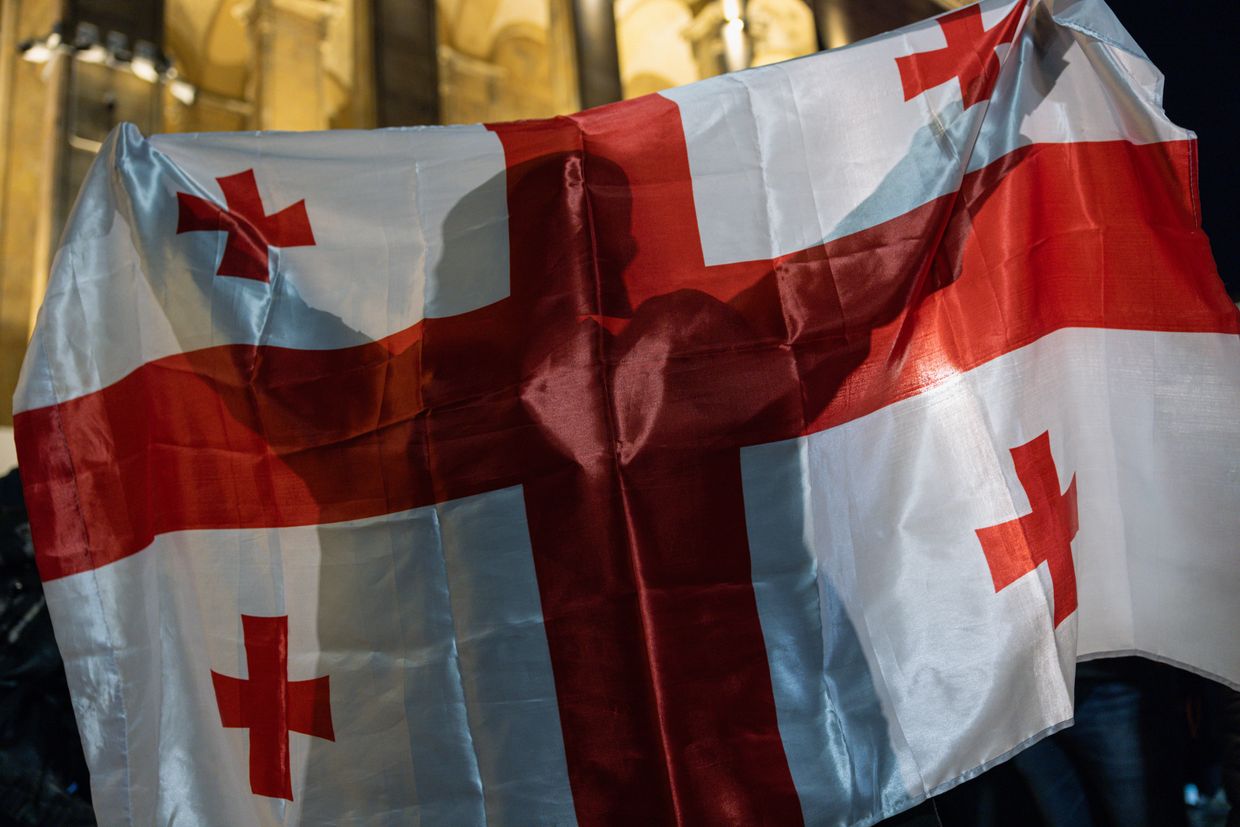Georgian parliament votes to terminate mandates of 49 opposition MPs

Members of Georgia's ruling Georgian Dream party voted to revoke the mandates of 49 opposition parliamentarians on Feb. 5 after they refused to take their seats, citing concerns over the legitimacy of the results of the October parliamentary election.
The vote effectively brings the total number of Georgian parliamentarians down to 89 of the 150 elected in the disputed parliamentary elections — all of which now sit under the Georgian Dream party banner.
Although 49 elected MPs formally requested to resign their mandates in protests, a further 12 opposition MPs from the "For Georgia" party have refused to attend parliamentary sessions.
The October election, which was widely disputed by the opposition and international observers, re-elected the Russian-friendly Georgian Dream party. The ruling Georgian Dream party, founded by oligarch Bidzina Ivanishvili, has drawn criticism for steering Georgia closer to Russia while hindering its EU accession.
Following the election, mass protests erupted in Tbilisi over the results, as well as amid a political crisis sparked by Prime Minister Irakli Kobakhidze's announcement that Georgia's EU integration could be delayed until 2028.
Anti-Western politician Mikheil Kavelashvili, an ally of the ruling Georgian Dream party, was inaugurated as the country's sixth president on Dec. 29 in a move seen as illegitimate by the opposition.
Georgia's fifth president, Salome Zourabichvili, said she would vacate the presidential palace but stressed she remains the only legitimate head of state, pledging to continue the struggle against the ruling party.
Since the election, a number of Western countries have imposed sanctions on Georgia over the perceived democratic backsliding. On Jan. 27, the European Union suspended parts of its visa facilitation agreement with Georgia.











